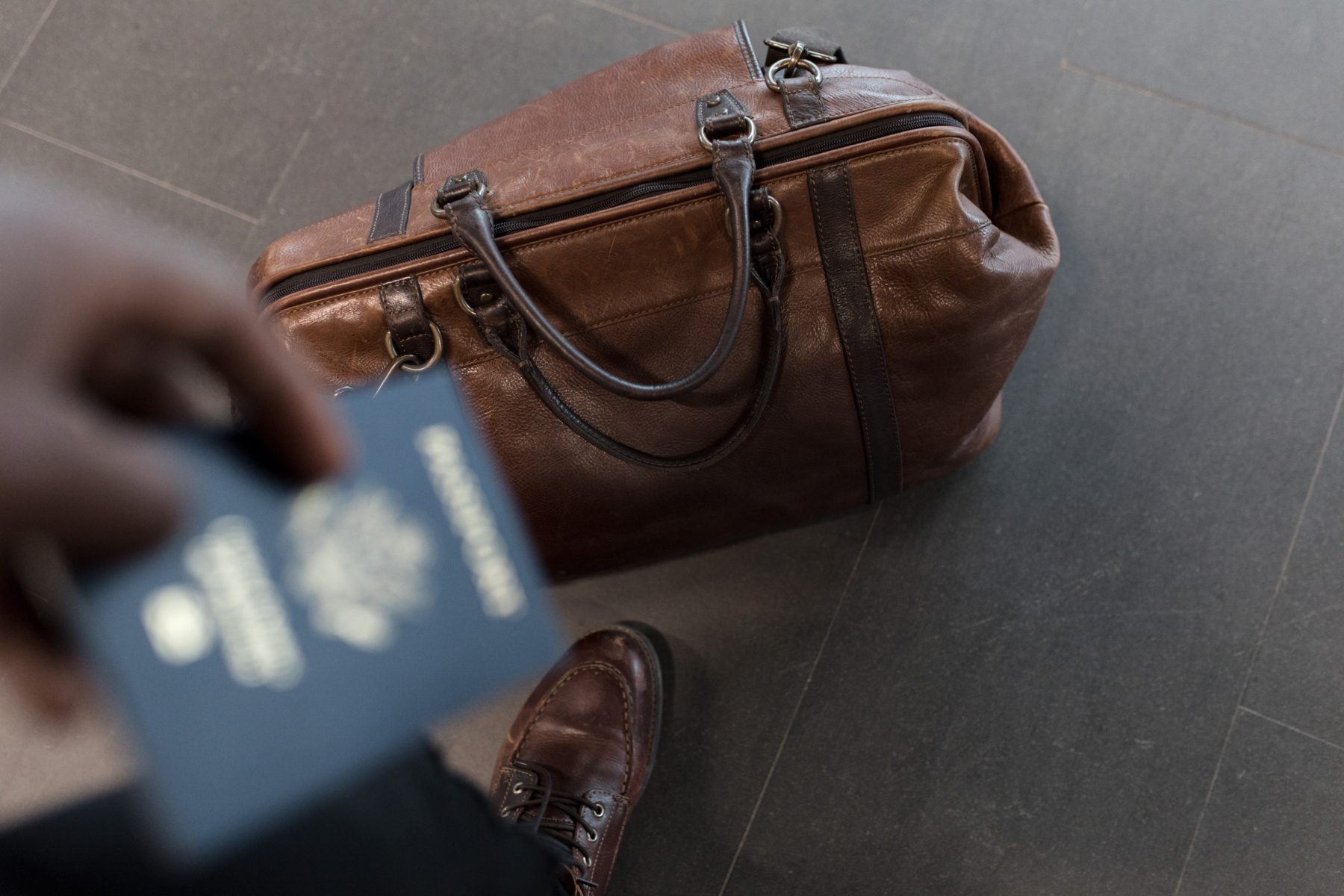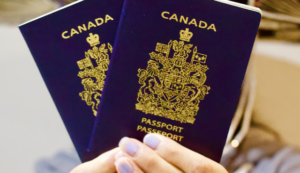An inadmissibility immigration lawyer at Dhanu Dhaliwal Law Group will show you how to overcome a finding of inadmissibility and immigrate to Canada.
What is a Finding of Inadmissibility?
In Canadian Immigration proceedings, if you are found “inadmissible”, you will not be able to enter Canada legally from a port of entry.
If you are found inadmissible while already within Canada’s borders, the Canadian government can deport you at any time.
A Canadian immigration officer will decide if you can enter Canada when you apply for a visa or an Electronic Travel Authorization (eTA), or when you arrive at a port of entry.
If you were ever convicted of any crimes in your home country, there is a good chance an immigration officer will deny you entry.
A Finding of Inadmissibility can cause untold problems living, working, or traveling within Canada.
If you believe your finding of inadmissibility is not justified, it is essential that you take action to have the finding removed.
What can make you inadmissible?
In most Canadian immigration cases, a finding of inadmissibility occurs when an immigration officer completes a background check and finds criminal records.
If you were ever convicted of a felony such as theft, assault, or manslaughter in your home country, this can affect your admissibility.
DUI and intoxicated driving charges are the most common reason for inadmissibility.
Some medical conditions may also bar you from entry.
Inadmissibility for medical reasons pertains to conditions that either endanger public health, endanger public safety, or cause excessive demand on health or social services.
Some Canadian immigration applicants are exempt from this and an inadmissibility lawyer such as Dhanu Dhaliwal Law Group co-founder, Uphar Dhaliwal, can help you make your case if you fall into this category.
Individuals deemed a security threat to the nation are also deemed inadmissible, including those with human or international rights violations and individuals who have engaged in war crimes.
Provided you’re not a secret agent, these laws won’t apply to you.

How to overcome a finding of inadmissibility
There are four common ways for you to overcome a finding of inadmissibility if the finding was due to criminal activity:
Individual Rehabilitation
Individual rehabilitation is a process by which the Canadian government determines whether it will allow individuals with criminal records to enter the country.
You can apply for individual rehabilitation to enter Canada after at least five years have passed since your crime.
This is determined by either the end of your criminal sentence, if you had one (this includes probation), or by the day you committed the act that made you inadmissible.
If you are applying for criminal rehabilitation along with a temporary resident (visitor visa, study permit or work permit) application, you can submit everything together and apply at the nearest Visa Application Centre.
Once you apply for individual rehabilitation, the Minister, or their delegate, may decide to grant it or not.
To become rehabilitated, you must prove to the minister or delegate that you are unlikely to take part in further crimes.
Deemed Rehabilitation
If enough time has passed since you were convicted of a crime, you may be deemed rehabilitated, provided you have not committed subsequent crimes.
This can occur automatically and does not necessarily require additional paperwork.
The length of time required to be deemed rehabilitated varies. An inadmissibility lawyer can help you determine what length of time is required for your rehabilitation.
In all cases, you may only be deemed rehabilitated if the crime committed outside Canada has a maximum prison term of less than 10 years if committed in Canada.
Record Suspension/ Discharge
If you have been convicted in Canada and want to apply for a record suspension (formerly known as a pardon), check with the Parole Board of Canada.
If you get a Canadian record suspension, you will no longer be inadmissible.
If you received a record suspension or a discharge for your conviction in another country, check with the visa office that serves the country or region where you live.
It will tell you if the pardon is valid in Canada.
This will help make sure that when you arrive in Canada, a border services officer has enough information to decide if you can enter Canada.
The officer will still check to make sure you are not inadmissible for other reasons.
Temporary Resident Permit
If you aren’t eligible for any of the other ways of overcoming inadmissibility, you can apply for a temporary resident permit.
In order to qualify for a temporary resident permit, you must prove that your reasons for coming to Canada are important.
An immigration or border services officer will decide if your need to enter or stay in Canada outweighs the health or safety risks to Canadian society.
Even if the reason you are inadmissible seems minor, you must show that your visit is valid.
To prove your case to border services, you may need to retain an inadmissibility lawyer. Your lawyer will be able to argue your case for a permit on your behalf.
What can I do to help my immigration inadmissibility case?
The best thing you can do to increase your chances of becoming admissible is to hire an inadmissibility immigration lawyer.
An inadmissibility immigration lawyer is an expert in both criminal law and immigration law, and can help you navigate the laws and regulations regarding admissibility.
The legal team at Dhanu Dhaliwal Law Group has years of experience handling Finding of Inadmissibility immigration cases. While no two cases are alike, they’ve proven to know the best ways to navigate the Canadian Immigration legal system with success.






